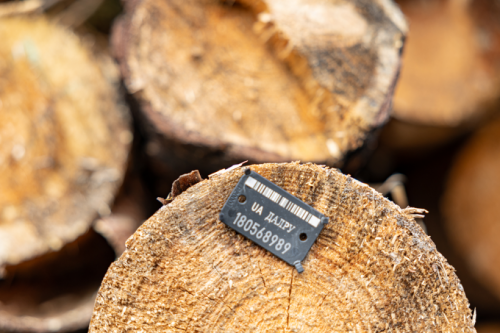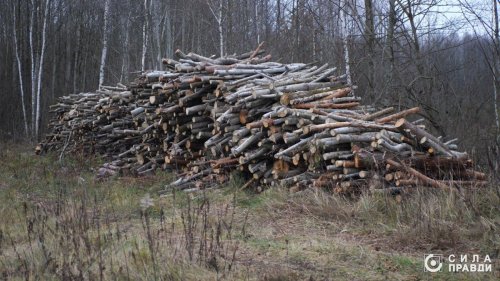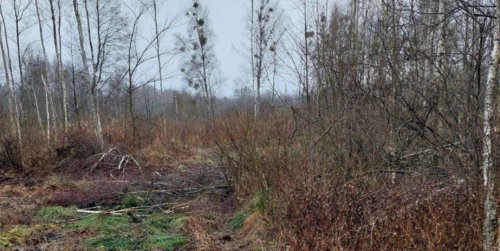The European Parliament has passed a law that obliges companies to ensure that their products, on EU markets, have not led to deforestation and forest degradation after December 31, 2020.
The maximum fine for violation of the new norms will reach at least 4% of the company's total annual turnover in the EU, according to the website of the European Parliament.
The new law was supported by 552 MEPs, 44 opposed it, and 43 abstained.
It is noted that the law will help fight climate change and biodiversity loss. In addition, the document obliges companies to check compliance with human rights and affected indigenous peoples when producing goods.
According to estimates by the Food and Agriculture Organization of the United Nations (FAO), from 1990 to 2020, 420 million hectares of forests, i.e. more than the area of the EU, were converted to agricultural land. EU consumption accounts for approximately 10% of this global deforestation.
The message emphasized that the new norms will apply to a number of goods and products that contain, were fed or made from them. In particular, on:
- cattle;
- cocoa;
- coffee;
- palm oil and its derivatives;
- soy;
- wood;
- the skin;
- chocolate;
- furniture;
- rubber;
- charcoal;
- printed paper products.
It is noted that the European Parliament expanded the definition of the concept of forest degradation. It now covers the conversion of primary or naturally regenerating forests into forest plantations or other forested land.
The press service emphasized that importing countries will be classified into three risk categories after the assessment, which will be carried out within 18 months after the entry into force of this regulation. Depending on the level of risk, the following percentage of inspections will be established:
- 9% for high-risk countries;
- 3% for standard risk;
- 1% for low risk (simplified verification procedure).
The message said that the verification will be carried out with the help of satellite monitoring and DNA analysis based on the geolocation coordinates provided by the company.
Member of the European People's Party Christoph Hansen emphasized that consumers often unwittingly bought products that contributed to the destruction of nature and violation of human rights.
"The new law is not only key to our fight against climate change and biodiversity loss, but should also break the deadlock that prevents us from deepening our trade relations with countries that share our environmental values and ambitions," he said.
It is noted that the text of the document must be officially approved by the Council of the EU before being published in the Official Journal and will enter into force in 20 days.
Earlier, EcoPolitic wrote, that the European Commission intends to oblige companies to disclose data about their supply chains in order to prevent the import of goods that are associated with cutting down and destroying forests.
As EcoPolitic previously reported, the members of the European Parliament approved agreements on the reform of the emissions trading system (ETS), the carbon border adjustment mechanism (CBAM) and the creation of the social climate fund (SCF).





